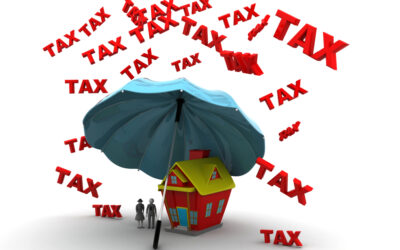What are the tax and investment considerations for a Granny Flat above versus a Tiny Home below? Income Tax Return Reporting - Income Streaming Tiny Homes Tiny home ownership does not have to follow the ownership interest of the underlying property ownership. For...
2018 Federal Budget Highlights
Individual Income Tax Changes
- No changes to rules around work-related deductions
Despite the publicity surrounding the high level of work-related expenses (WRE) claims, and the ATO’s strong focus on this area, the Budget did not announce any measures in that regard.
The ATO recently announced that it will be closely examining claims for work-related car expenses in 2018 tax returns.
The ATO is concerned about taxpayers making mistakes or deliberately lodging false claims in relation to work-related car expenses.
The ATO will be particularly focused on people “claiming things they’re not entitled to”.
- home to work travel or other private trips; making claims for trips they didn’t actually undertake;
- or claiming expenses their employer has already paid for or reimbursed.
- No changes to dividend imputation
Tax Rates Thresholds for 2017-18 Unchanged
The rates for the 2017-18 year (excluding the 2% Medicare levy) remain unchanged and are:
| 2017-18 | |
| Taxable income $ | Tax payable $ |
| 0 – 18,200
18,201 – 37,000 37,001 – 87,000 87,001 – 180,000 180,001+ |
Nil
Nil + 19% of excess over 18,200 3,572 + 32.5% of excess over 37,000 19,822 + 37% of excess over 87,000 54,232 + 45% of excess over $180,000 |
Low income tax offset
The currently legislated low income tax offset (LITO) rates will not change for 2017-18 and are: LITO amount – $445.
| Proposed Tax rates and thresholds | |||
| Rate | 2018-19
to 2021-22 |
2022-23
& 2023-24 |
2024-25
onwards |
| 0% | $0 – $18,200 | $0 – $18,200 | $0 – $18,200 |
| 19% | $18,201 – 37,000 | $18,201 – 41,000 | $18,201 – $41,000 |
| 32.5% | $37,001 – 90,000 | $41,001 – 120,000 | $41,001 – $200,000 |
| 37% | $90,001 – $180,000 | $120,001 – $180,000 | N/A |
| 45% | $180,001+ | $180,001+ | $200,001+ |
Excluding the 2% Medicare levy
Foreign residents
The unchanged tax rates for foreign residents for 2017-18 are:
| 2017-18 | |
| Taxable income $ | Tax payable $ |
| 0 – 87,000
87,001 – 180,000 180,001+ |
32.5%
28,275 + 37% of excess over 87,000 62,685 + 45% of excess over $180,000 |
Schemes to license an individual’s fame or image to be denied.
 From 1 July 2019, all remuneration (including payments and non-cash benefits) provided for the commercial exploitation of a person’s fame or image will be included in the assessable income of that individual.
From 1 July 2019, all remuneration (including payments and non-cash benefits) provided for the commercial exploitation of a person’s fame or image will be included in the assessable income of that individual.
This integrity measure will ensure that high-profile individuals are no longer able to take advantage of lower tax rates by licensing their fame or image to another entity.
High-profile individuals (such as sportspeople and actors) can currently license their fame or image to another entity such as a related company or trust.
Income for the use of their fame or image goes to the entity that holds the licence. This creates opportunities to take advantage of different tax treatments and facilitates misreporting and incorrect tax outcomes.
Small Business Income Tax Changes
- The $20,000 instant asset write-off will be extended for small businesses by another year to 30 June 2019
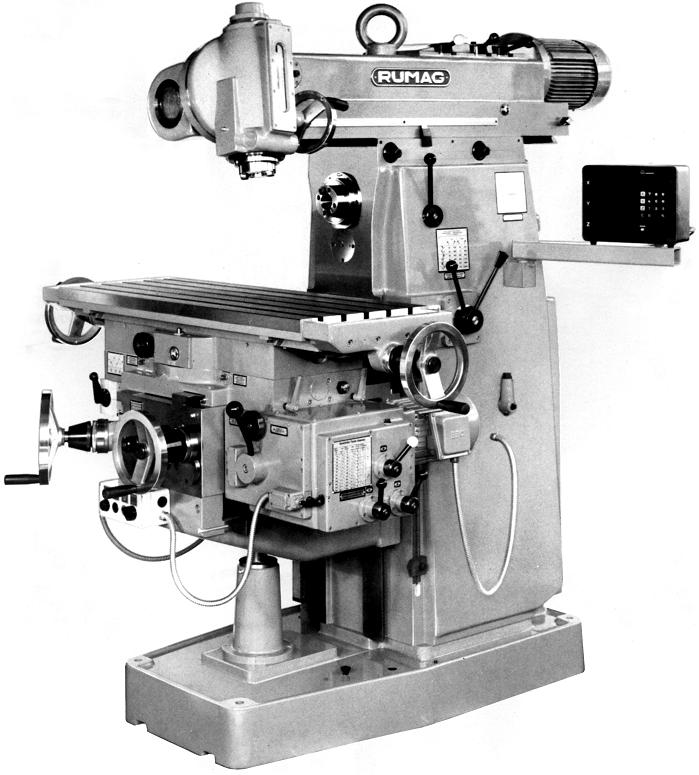 The $20,000 instant asset write-off will be extended for small businesses by another year to 30 June 2019.
The $20,000 instant asset write-off will be extended for small businesses by another year to 30 June 2019.
Businesses with an aggregated turnover of less than $10m will continue to have access to the $20,000 instant asset write-off for another 12 months.
A small business will get an immediate deduction for assets costing less than $20,000, and installed and ready for use before 30 June 2019
The instant asset write-off threshold and the threshold for immediate deductibility of the balance of the pool will revert to $1,000 on 1 July 2019.
Payments to Employees and Contractors, if not compliant – no more tax deductions
 Payments to employees and contractors are no longer deductible where any amounts that are required to be withheld are not paid, from 1 July 2019
Payments to employees and contractors are no longer deductible where any amounts that are required to be withheld are not paid, from 1 July 2019
Businesses will no longer be able to claim deductions for payments to their employees where they have not met their PAYG obligations.
This includes where the employer is required to withhold PAYG from gross payments, but fails to report or remit it to the ATO.
Additionally, the deduction for businesses on certain payments to contractors which have not met PAYG obligations will be removed.
Currently, if a contractor does not quote an ABN in a business-to-business transaction, the purchaser is required to withhold an amount at the top marginal tax rate and remit this amount to the ATO.
Property investors
 There were no changes to the fundamental tax rules for property investors. The rules which allow negative gearing of investment properties remain untouched.
There were no changes to the fundamental tax rules for property investors. The rules which allow negative gearing of investment properties remain untouched.
No changes to negative gearing
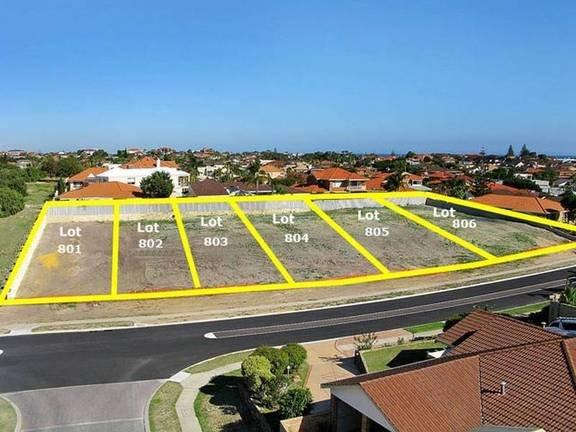 Deductions for expenses associated with holding vacant land not genuinely used to earn assessable income will be denied.
Deductions for expenses associated with holding vacant land not genuinely used to earn assessable income will be denied.
From 1 July 2019, tax deductions will not be allowed for expenses associated with holding vacant land. This is an integrity measure to address concerns that deductions are being improperly claimed for expenses, such as interest costs related to holding vacant land where the land is not genuinely held for the purpose of earning assessable income.
It will also reduce tax incentives for land banking, which deny the use of land for housing or other development. The measure will apply to land held for residential or commercial purposes.
However, the “carrying on a business” test will generally exclude land held for commercial development.
Deductions that are denied will not be able to be carried forward for use in later income years. Expenses for denied deductions that would ordinarily be a cost base element (such as borrowing expenses and council rates) may be included in the cost base of the asset for capital gains tax (CGT) purposes when sold.
However, deductions denied for expenses that would not ordinarily be a cost base element would not be able to be included in the CGT cost base.
Superannuation
There were a number of minor changes to superannuation.
Increased membership of SMSFs and small APRA funds
The maximum number of allowable members in SMSFs and small APRA funds will be increased to six from 1 July 2019
New and existing self-managed superannuation funds (SMSFs) and small APRA funds will be allowed to have a maximum of six members from 1 July 2019.
Currently, the maximum allowable number of members in an SMSF and a small APRA fund is four
Three-yearly audit cycle for some SMSFs
The annual audit requirement for self-managed superannuation funds (SMSFs) will be changed to a three-yearly requirement for SMSFs
SMSF with a history of good record keeping and compliance, i.e. for SMSF trustees that have a history of three consecutive years of clear audit reports and timely lodgements of the fund’s annual returns.
This measure will commence on 1 July 2019. The government will consult with stakeholders to ensure a smooth implementation of this measure.
Preventing inadvertent concessional cap breaches
Individuals whose income exceeds $263,157, and have multiple employers, will be able to nominate that their wages from certain employers are not subject to the superannuation guarantee (SG) from 1 July 2018.
The measure is intended to ensure eligible individuals can avoid unintentionally breaching the $25,000 annual concessional contributions cap as a result of PAGE 8 www.wolterskluwer.cch.com.au Australian Tax Week ISSUE 18 8 MAY 2018 multiple compulsory SG contributions.
Breaching the cap results in individuals being liable to pay excess contributions tax and a shortfall interest charge. Employees using this measure may receive additional income which will be taxed at marginal tax rates.
Super work test exemption for recent retirees
An exemption from the work test for voluntary contributions to superannuation will be introduced from 1 July 2019 for people aged 65–74 with superannuation balances below $300,000.
In the first year that they do not meet the work test requirements.
The work test exemption will give recent retirees flexibility to get their financial affairs in order in the transition to retirement.
Currently, the work test restricts the ability to make voluntary superannuation contributions for those aged 65– 74, to individuals who self-report as working a minimum of 40 hours in any 30-day period in the financial year.
Black / Cash Economy Changes
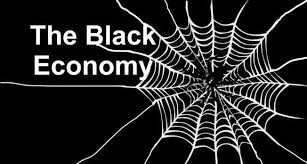 Businesses can no longer receive cash payments above $10,000 for goods and services, from 1 July 2019.
Businesses can no longer receive cash payments above $10,000 for goods and services, from 1 July 2019.
Cash receipt limit for businesses to be introduced Large undocumented cash payments can be used to avoid tax or to launder money from criminal activity.
The government will introduce a Black Economy Taskforce recommendation to limit a cash receipt for a business to under $10,000, from 1 July 2019.
Transactions with financial institutions or consumer to consumer non-business transactions will not be affected. The Black Economy Taskforce measures include additional funding for the Department of Treasury to enable stakeholder consultation to help with details on the measure.
Also, the ATO will receive enhanced funding that will help with enforcement of these proposed measures. Source: Budget Paper No 2, p 23.
Deceased Estate Tax Planning
 Testamentary Trust & Asset injections – denied Adult tax rates on Minors
Testamentary Trust & Asset injections – denied Adult tax rates on Minors
From 1 July 2019, the concessional tax rates available for minors receiving income from testamentary trusts will be limited to income derived from assets that are transferred
from the deceased estate, or the proceeds of the disposal or investment of those assets.
Currently, income received by minors from testamentary trusts is taxed at normal adult rates rather than the higher tax rates that generally apply to minors.
However, some taxpayers are able to inappropriately obtain the benefit of this lower tax rate by injecting assets unrelated to the deceased estate into the testamentary trust.
The measure will clarify that minors will be taxed at adult marginal tax rates only in respect of the income a testamentary trust generates from assets of the deceased estate (or the proceeds of the disposal or investment of these assets).
Indirect Taxes
Removal of luxury car tax on re-imported cars following refurbishment overseas
 The luxury car tax on cars re-imported into Australia, following a refurbishment overseas, will be removed from 1 January 2019.
The luxury car tax on cars re-imported into Australia, following a refurbishment overseas, will be removed from 1 January 2019.
Currently, cars that are refurbished in Australia are not subject to luxury car tax.
However, cars exported from Australia to be refurbished overseas and then re-imported are subject to the tax where the value of the car exceeds the relevant luxury car tax threshold.
The inconsistency in tax treatment of refurbished cars will be removed in order to align with Australia’s trade obligations with its foreign trading partners. This measure will ensure the same tax treatment applies, regardless of where the car is refurbished. Source: Budget Paper No 2, p 38.
Like to know More !
2018 Tax Planning EOFY
We can help you get your maximum tax refund and provide advice to help you manage your taxes. Find an office near you and book an appointment online.
Schedule a meeting – Click a time & place-
